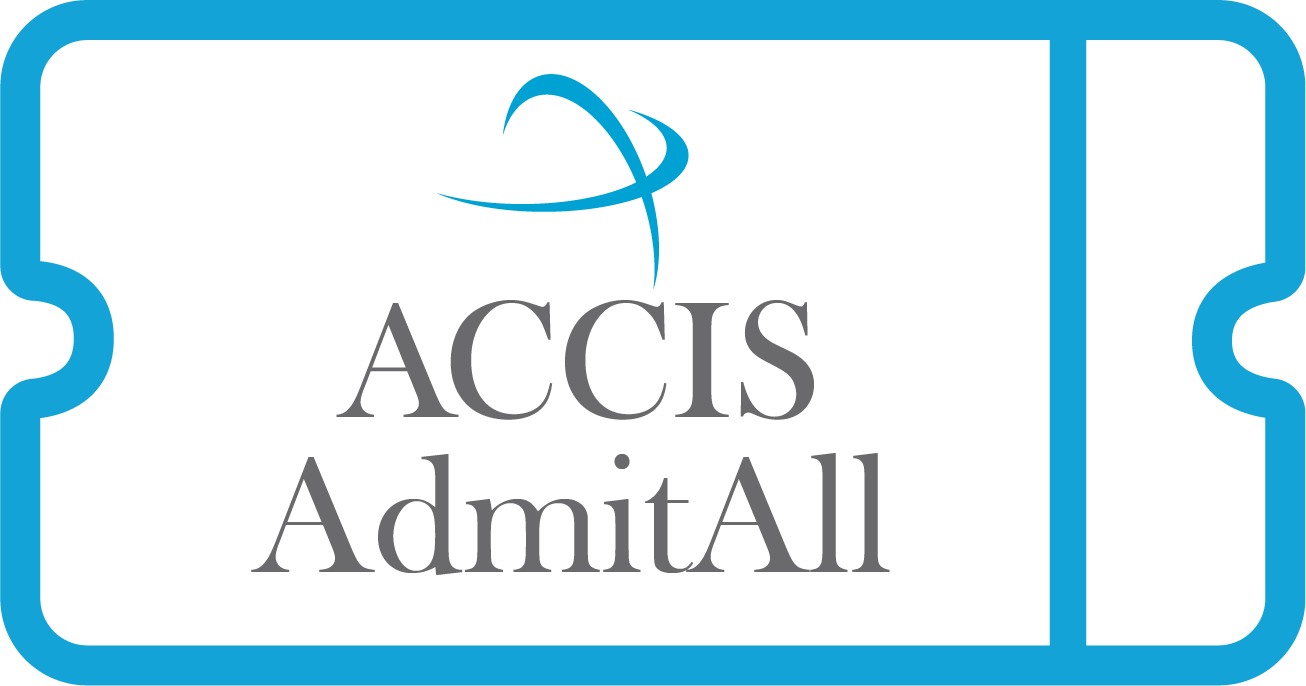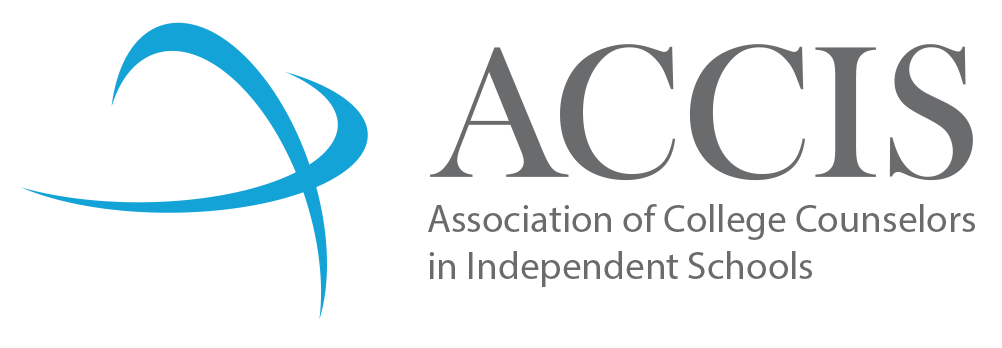The Counselor Bias: Recognizing Privilege and Biases in College Counseling

The Counselor Bias: Recognizing Privilege and Biases in College Counseling
A Diversity, Equity & Inclusion AdmitAll Post
Lucas Frankel
College Counselor
Shady Side Academy
Featuring Lawrence Alexander, Carney Sandoe & Associates Search Consultant and career educator
A blank canvas. A chance to build something. Opportunities to learn, not just about the student sitting across from you, but maybe about yourself, your profession, and life. When meeting a counselee for the first time, the excitement fills the room – this student could do anything! Be anyone! Change the world! It is this thrill that brings counselors back year after year to work with anxious and amazing teenagers.
But there is a caveat to this: counselors bring in our own biases and judgments. So, before a student even steps into the room, we may have already made assumptions about how we should proceed. Whether it is a myopic approach or a past encounter that went sour, we need to put aside our judgments. Every start with a new student is an opportunity for us to take a step back and learn from this new experience.
A bit of background: I started my college counseling career at a CBO in the Bronx. The vast majority – over 95% -- of the students I worked with were African-American, Mexican, Puerto Rican, or Dominican. Approximately the same percentage of students qualified for free or reduced lunch. I am a white male from an upper-class family – I have had every luxury and privilege that the current social construct can provide. I grew up less than 20 miles from the Bronx, but it would not be an overstatement to say that I was from a different world.
Not long after I started in the Bronx, I attended the annual NYSACAC conference. On the first day, I attended a session led by Lawrence Alexander who was working as a counselor at the College Bound Initiative in New York City. As a rookie college counselor, I hung on to Lawrence’s every word. (I’m certain he does not remember this, but I approached him after the session and gushed about how amazing and helpful it was. I was a fanboy from the start.) I was lucky enough to stay in touch with Lawrence as he transitioned to the Ross School (Long Island) and then to the White Mountain School (New Hampshire). Lawrence is an African-American male who was raised in Jersey City, NJ. He is a first-generation college student but not from a low-income household. He also attended a private school from PK-8. Lawrence lived a life of intersectional identities, not neatly fitting into one box.
Recently I realized that we had been experiencing similar challenges simultaneously; me at my CBO, and Lawrence as an African-American male at predominantly-white private high schools. I needed to check my privilege at every turn, while Lawrence was asked to relate to highly privileged students. Although he was significantly more experienced, we both were crossing cultural boundaries as counselors, looking to build relationships with those from different backgrounds. How could I possibly bond with the Latinx girl who shared a bed in the living room with her sister? How could Lawrence relate to a female student who was strong on paper but had overcome no personal obstacles and expected to attend a hyper-selective college? How were we to support and guide these students?
The following are selections from some of the biggest challenges and successes that Lawrence and I experienced while building cross-cultural relationships with students.
Name a time when you were unprepared to meet a student where they were coming from, socially and/or emotionally.
Lawrence Alexander (LA): Earlier in my career I failed to recognize the cultural considerations for a Muslim girl I was counseling whose parents would not allow her to study outside of the five boroughs of NYC. I first felt that her parents may be convinced if I talked with them and educated them about options outside of their "constraints." What I didn't realize was the emotional stress I was causing this young woman as this decision about college was about something much bigger -- respecting culture and her parents. I'm grateful that I was able to shift course in time, respecting her parents' wishes and helping her find a great college option.
Lucas Frankel (LF): There were so many things that I didn’t consider when I first started counseling in the Bronx, but I was totally unprepared for the financial pitfalls some students face. If a student received an acceptance letter and a generous financial aid package, I thought my work was mostly done – I didn’t consider so many other factors that might limit the student’s success. I had students who didn’t have computers, book money, or the ability to travel between home and college. On multiple occasions, I had to drive a student myself to help them move into their dorm because their family didn’t own a car. Every situation was a learning experience, but I never made the same oversight twice and became much better at predicting potential obstacles.
Name a time when you were successful when meeting with a student and bridged the cultural gap.
LA: I feel pretty successful in counseling Chinese students. I have an appreciation for the cultural pressures and I have grown in my effectiveness when counseling them to present themselves roundly and invite colleges into non-cognitive dimensions of themselves.
LF: Working with an undocumented student really pushed me to be at my best. The family spoke minimal English and had a limited understanding of the US higher education system. I knew it was important for me to give the family my time and attention, but I also needed to hear their story. It helped me to better understand how important college was to their child and their family. I often try to recreate that mindset when working with students now, as I know that there are many students that need that level of attention.
Describe a weakness you found in yourself through cross-cultural interactions.
LA: My blindspot has been pushing young women too hard when they display a remote interest in STEM. I can't make my enthusiasm their enthusiasm, especially when it's not their heart's passion. I've been working to de-center my maleness as much as I can to create room for my female students.
LF: The religious component of college counseling has been difficult for me. I’m not religious and it’s hard for me to predict what aspects of a college the student might look for to fulfill their needs. I typically defer to students to take the lead on this, and I think that counselors need to be solid guides across all aspects of diversity, not just the parts that they think are important.
Describe a strength you found in yourself through cross-cultural interactions.
LA: I recognize and call out my privilege often, modeling it for others. Inside of every moment, I realize that I benefit from my straight, male, cis-gender, Christian privilege. And while I can't and won't change my identity, I CAN own my privilege and invite people to keep me accountable.
LF: I am now extremely mindful of a student’s financial needs. I have seen how every dollar can deeply affect a family, and I feel confident when counseling them on college finances. Even though it was not a part of my own process, my work at a CBO was an opportunity to see all of the challenges that arise when paying for college. I want to remove as many of those barriers as possible, or at least show students and families that they exist.
What do you think are the most important traits for a culturally competent college counselor?
LA: A culturally competent counselor is a responsible listener. Don't just listen with your ears - bring your heart and then your feet to take action.
LF: Empathy, empathy, empathy. Every student is different and if we don’t meet them where they are, we are going to miss a lot of valuable pieces for the process.
This is an ongoing process and a long learning curve. There is no easy road to success. It will take hard work to build these bridges, and it may take energy and skills that we didn’t know we had. But as Lawrence said, if we listen to our students and then take action to help them, then we are taking a big step in becoming culturally aware counselors who are meeting the students at their truth.
